Celebrating Plants and People
-
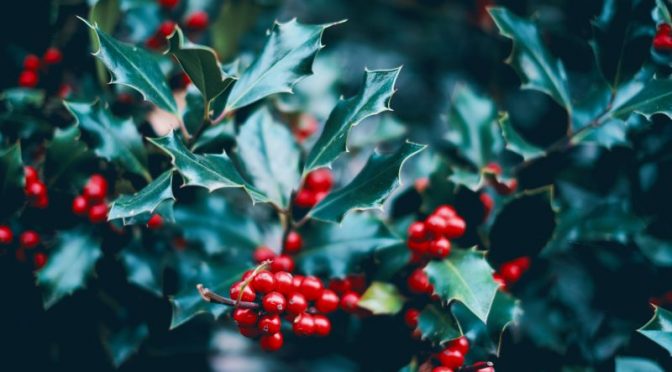
Climate Change Favors Evergreen Plants. Good-Bye Autumn Beauty
For example, evergreen climbers like ivy, and trees like holly – two of our iconic Christmas plants – may outcompete deciduous trees such as birch and oak if water becomes an even more precious recourse in the future. This is perhaps something that future gardeners, foresters and urban landscape architects should consider. (Click on title…
-
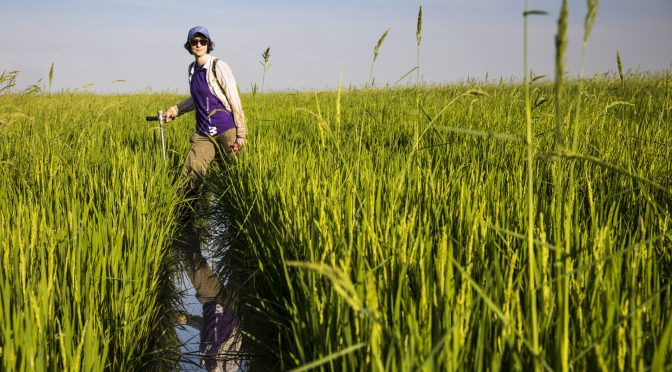
A Warming Climate Could Make Rice Toxic
“Warmer temperatures, at levels expected under most climate change projections, can lead to higher concentrations of arsenic in rice grains.” (Click on title for full story.)
-
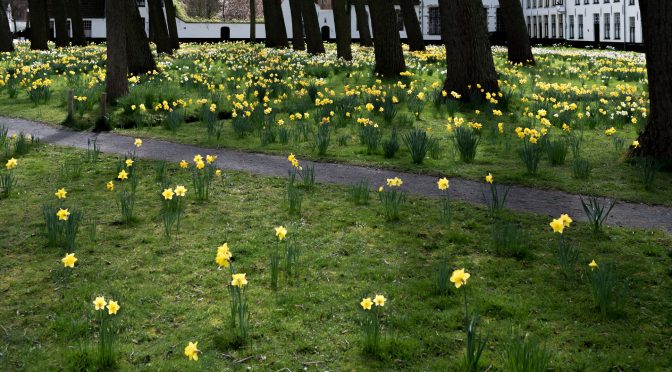
Flowering Bulbs In Warm-Season Lawns Aid Pollinators
Thirty early-spring flowering bulbs were established in bermudagrass and buffalograss lawns in late August. Those bulbs were then assessed over three growing seasons for flowering characteristics, persistence, and their ability to attract pollinating insects. (Click on title for full story.)
-
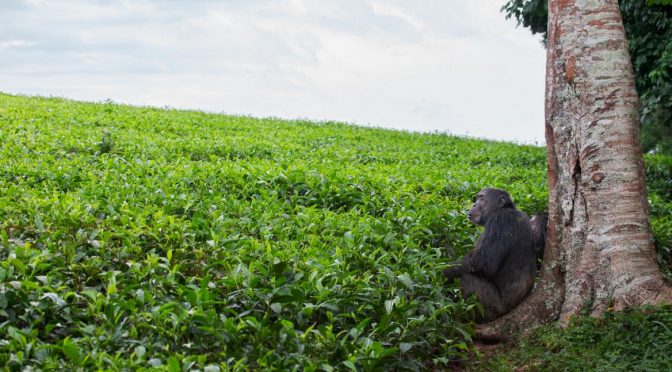
With African Forests Disappearing, Chimpanzees Become A Human Problem
Attacks by chimps on human infants have continued, totaling at least three fatalities and half a dozen injuries or narrow escapes in greater Muhororo since 2014. The main driver of the conflicts, it seems, is habitat loss for chimps throughout areas of western Uganda, forested lands outside of national parks and reserves, which have been…
-
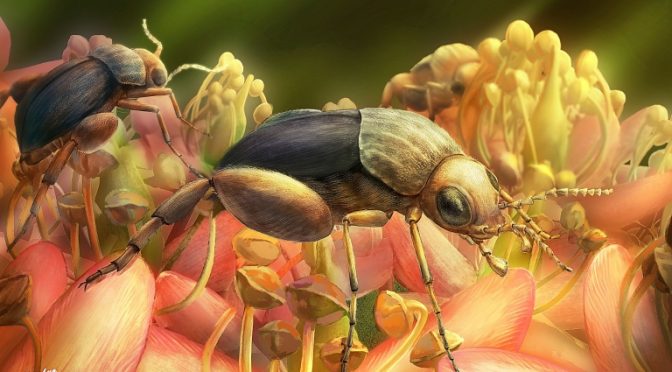
The First Pollinators Evolved At Least 50million Years Earlier Than Anyone Thought
The fossil, which contains both the beetle and pollen grains, pushes back the earliest documented instance of insect pollination to a time when pterodactyls still roamed the skies — or about 50 million years earlier than previously thought. (Click on title for full story.)
-
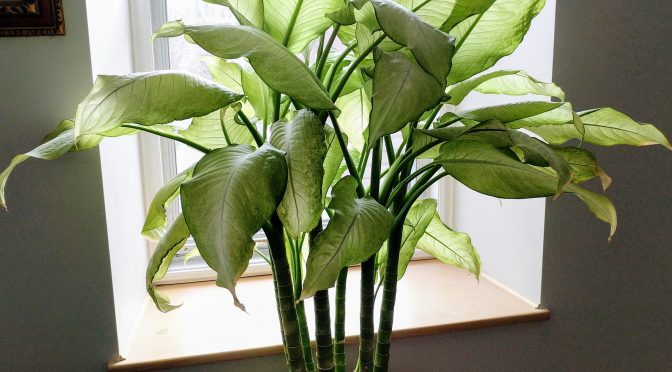
That “Houseplants Clean The Air” Thing? Only If Your House Becomes A Jungle
“This has been a common misconception for some time. Plants are great, but they don’t actually clean indoor air quickly enough to have an effect on the air quality of your home or office environment,” (Click on title for full story.)
-
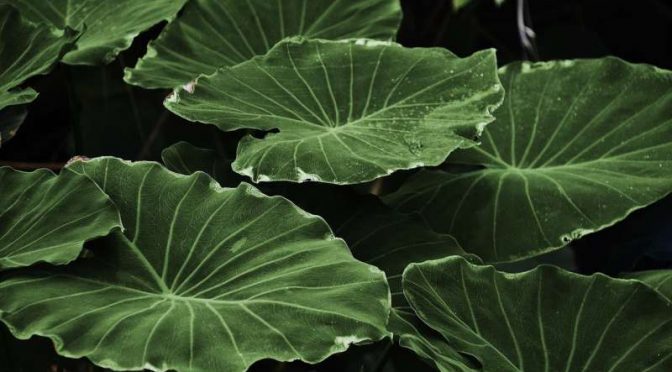
Plants Go To High Alert When Raindrops Fall
“As to why plants would need to panic when it rains, strange as it sounds, rain is actually the leading cause of disease spreading between plants. When a raindrop splashes across a leaf, tiny droplets of water ricochet in all directions. These droplets can contain bacteria, viruses, or fungal spores. A single droplet can spread…
-
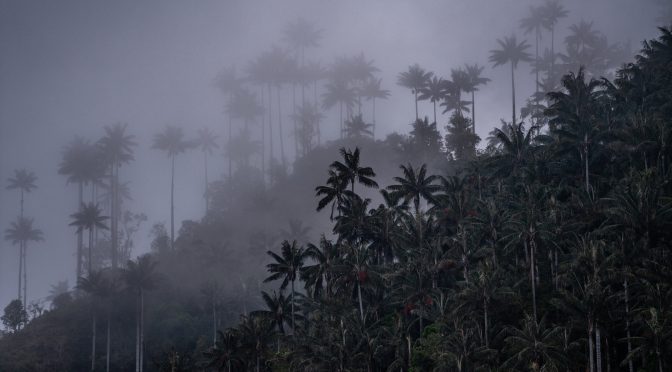
How The Tallest Palms On Earth Were Unintentionally Saved By Colombia’s Guerillas
In Colombia’s largest known stand of the palms, only a couple thousand remained. But the scientists had heard that there were hundreds of thousands tucked away in the Tochecito River Basin — making it the world’s biggest wax palm forest, if the rumor proved true. The trouble was that no one could reach the place…
-
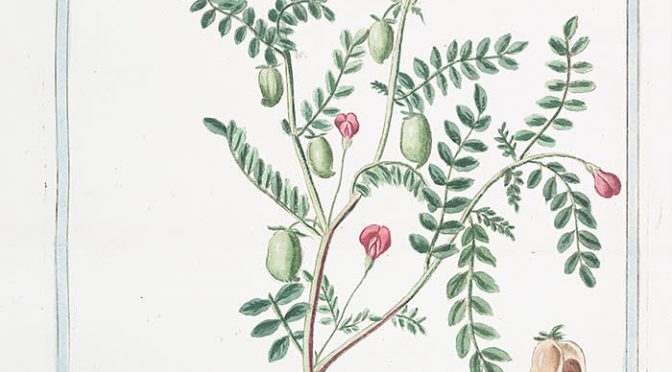
Will Climate Change Doom Hummus?
In the face of climate change, however, today’s chickpea looks fragile. When subjected to new heat stress in certain regions of India, for example, some chickpea cultivars fail to set seeds, effectively making them sterile. In 2018, there was an international shortage, partly due to several years of drought in India, which produces about 60…
-
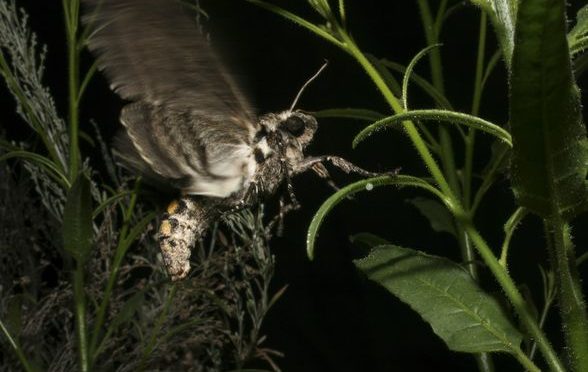
First Come, First Served: Tobacco Hornworms Avoid Plants Where Other Hornworms Have Been Present
We knew already that moths select their oviposition sites carefully. So far we and others basically focused on the idea that the moths detect changes in the odor profiles of plants that have already been attacked by caterpillars and therefore lay their eggs somewhere else. We were interested in whether moths also consider information that…
